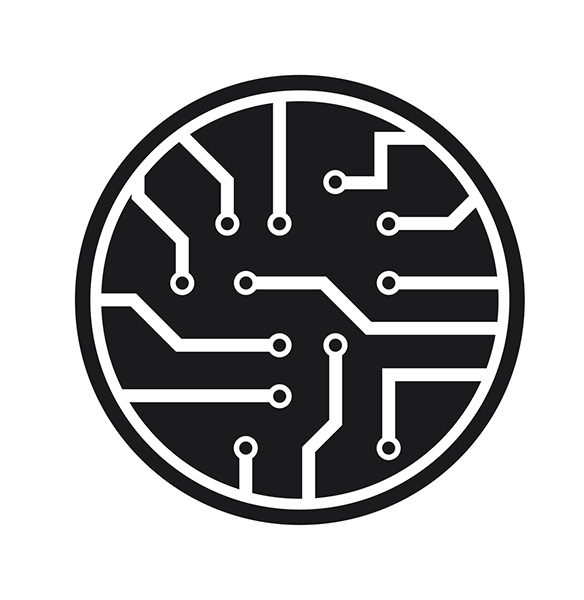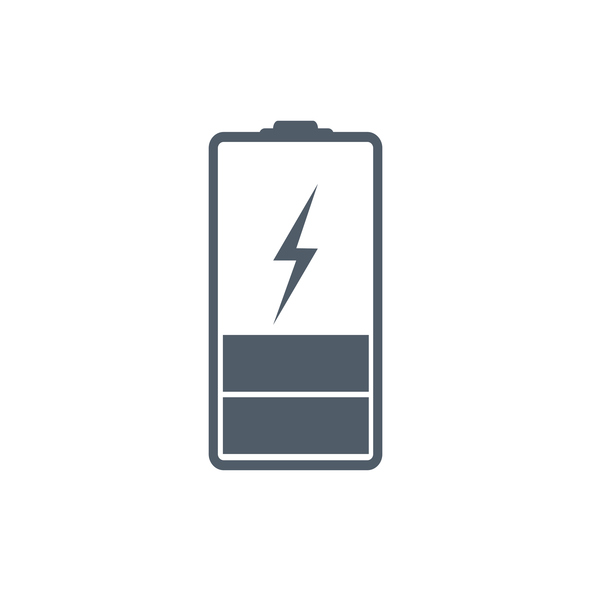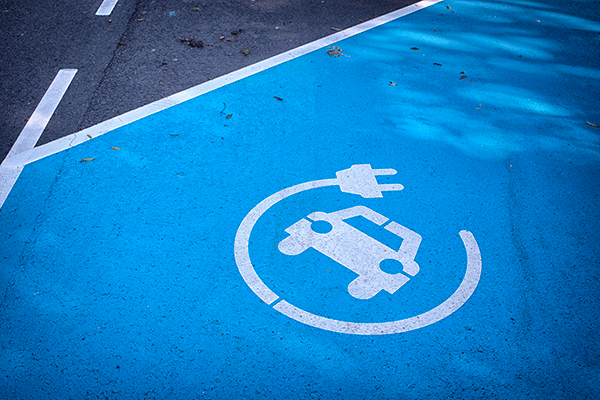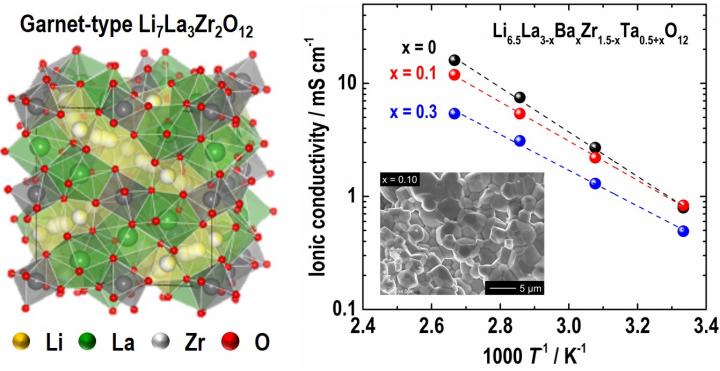 Scientists have figured out how to make tiny individual films—each just a few atoms high—and stack them for use in new kinds of electronics.
Scientists have figured out how to make tiny individual films—each just a few atoms high—and stack them for use in new kinds of electronics.
Over the past half-century, scientists have shaved silicon films down to just a wisp of atoms in pursuit of smaller, faster electronics. For the next set of breakthroughs, though, they’ll need new ways to build even tinier and more powerful devices.
In a study that appears in Nature, researchers describe an innovative method to make stacks of thin, uniform layers of semiconductors just a few atoms thick which could expand capabilities for devices like solar cells and cell phones.
Stacking thin layers of materials offers a range of possibilities for making electronic devices with unique properties. But manufacturing them is a delicate process, with little room for error, researchers say.
“The scale of the problem we’re looking at is, imagine trying to lay down a flat sheet of plastic wrap the size of Chicago without getting any air bubbles in it,” says Jiwoong Park, a professor of chemistry at the University of Chicago and at the Institute for Molecular Engineering and the James Franck Institute. “When the material itself is just atoms thick, every little stray atom is a problem.”
(more…)



 The winner of the 2018
The winner of the 2018  A team of researchers from the Joint Center for Energy Storage Research is taking a potential major step toward developing energy dense, safe solid state magnesium-ion batteries.
A team of researchers from the Joint Center for Energy Storage Research is taking a potential major step toward developing energy dense, safe solid state magnesium-ion batteries. As sustainable technologies continue to expand into the marketplace, the demand for better batteries rises. Many researchers in the field are looking toward all-solid-state batteries as a promising venture, citing safety and energy density properties. Now, one company is looking to take that work from the lab to the marketplace.
As sustainable technologies continue to expand into the marketplace, the demand for better batteries rises. Many researchers in the field are looking toward all-solid-state batteries as a promising venture, citing safety and energy density properties. Now, one company is looking to take that work from the lab to the marketplace. Engineers have created a high-frequency electronic chip potentially capable of transmitting tens of gigabits of data per second, much faster than the fastest internet available today.
Engineers have created a high-frequency electronic chip potentially capable of transmitting tens of gigabits of data per second, much faster than the fastest internet available today. While cyberwar may sound like the plot of the latest sci-fi blockbuster, the realities of the phenomena are much more palpable. Few understand that better than
While cyberwar may sound like the plot of the latest sci-fi blockbuster, the realities of the phenomena are much more palpable. Few understand that better than 